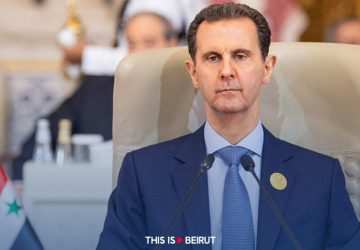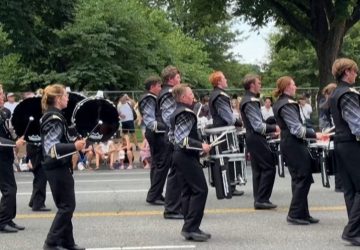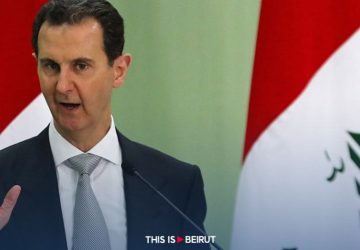The US called for an end to the clashes between the Kurdish-led Syrian Democratic Forces (SDF) and Arab armed groups in the east, particularly those outside government control, and urged a renewed focus on completing the struggle against the threat of Daesh (ISIS).
The United States called Friday for an end to deadly fighting between the Kurdish-led Syrian Democratic Forces (SDF) and Arab armed groups in eastern Syria, mainly outside government control.
The arrest on Sunday of the head of the Deir Ezzor Military Council, a local Arab armed group affiliated with the US-backed SDF, has triggered clashes that have since left dozens dead.
The US embassy in Syria, based outside the country, called “the violence in northeast Syria must cease,” said the US military’s Operation Inherent Resolve, which supports the fight against remnants of the Islamic State jihadist group.
In a statement late Thursday, it urged a renewed focus on efforts to bring “peace and stability in northeast Syria, free from the threat of Daesh,” another name for IS or ISIS.
The SDF spearheaded the offensive that defeated the IS group’s self-declared caliphate in Syria, 2019.
The US-backed force controls a semi-autonomous Kurdish zone in Syria’s northeast, including parts of the Deir Ezzor province.
The recent fighting has taken place near the Conoco gas field. The US-led coalition maintains bases there and in Syria’s largest gas field, Al-Omar.
The Britain-based monitoring group Syrian Observatory for Human Rights reported Friday that overnight fighting had claimed the lives of five supporters of the arrested head of the Deir Ezzor Military Council, Ahmad al-Khabil.
Their deaths bring 45 the toll since the clashes broke out Sunday, including five civilians and 17 SDF members, the Observatory, which has a vast network of sources inside Syria, informed.
The reasons for the arrest of Khabil, also known as Abu Khawla, were not specified.
The Kurds administer the area through local civilian and military councils to stave off Arab discontent.
Some tribes had supported IS during its bloody reign, according to the Observatory.
Miroslava Salazar, with AFP





